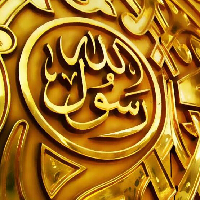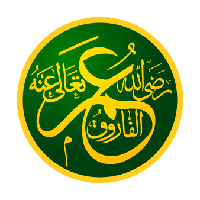{{ชื่อ}} ประเภทบุคลิกภาพ MBTI
บุคลิกภาพ
"Musa (Moses), Islamic Prophet ประเภทบุคลิกภาพประเภทใด Musa (Moses), Islamic Prophet เป็นประเภทบุคลิกภาพ ISFP ใน mbti, 4w5 - so/sp - ใน Enneagram, RCOAI ใน Big 5, ใน Socionics"
The story of Moses and Al'khidr (Peace be upon them) in the Islamic version shows very important aspects in the Prophet's cognition. Moses relies on his own internal, emotional system of reasoning; Alkhidr, who was more knowledgeable than him in certain areas, by the will of God, knew that Moses would not be patient with him, for Moses (peace be unto him) will not stay calm in a situation that was wrong/injuste in his emotional perspective (Fi), but right in the whole wisdom of existence, that requires a great balance between objective thinking (Te) and subjective feeling (Fi). Moses (Peace be unto him) had a hard time relying more on an objective observation (Te) and he was aware of it, for he accepted the fact that he couldn't be patient with him in the end. He probably have a strong relation with E1's emotional process, too connected in righteous anger, like when he was so angry when the sons of Israel started to worship a gold statue of a young cow (or something else?)...
ชีวประวัติ
Mūsā bin ʿImrān (Arabic: موسی ابن عمران, Moses son of Amram) known as Moses in Judaeo-Christian theology, considered a prophet and messenger in Islam, is the most frequently mentioned individual in the Qur'an, his name being mentioned 135 times. The Quran states that Musa was sent by Allah to the Pharaoh of Egypt and his establishments and the Israelites for guidance and warning. Musa is mentioned more in the Qur'an than any other individual, and his life is narrated and recounted more than that of any other prophet. According to Islam, all Muslims must have faith in every prophet (nabi) and messenger (rasul) which includes Musa and his brother. Musa is considered to be a prophetic predecessor to Muhammad. The tale of Musa is generally seen as a spiritual parallel to the life of Muhammad, and Muslims consider many aspects of their lives to be shared. Islamic literature also describes a parallel between their believers and the incidents which occurred in their lifetimes.
บุคลิกภาพ correlate

Prophet Muhammad

Khalid b. Al-Walid, Rashidun Commander

Caliph Umar the Distinguisher (Farooq)

Iblis

Caliph Ali the Just, Ahlu-Bayt Rasoolillah

Khadija bt. Khuwailid, Muslims' Matriarch

Aisha bt. Abu Bakr, Muslims' Matriarch

Yusuf (Joseph), Islamic Prophet





